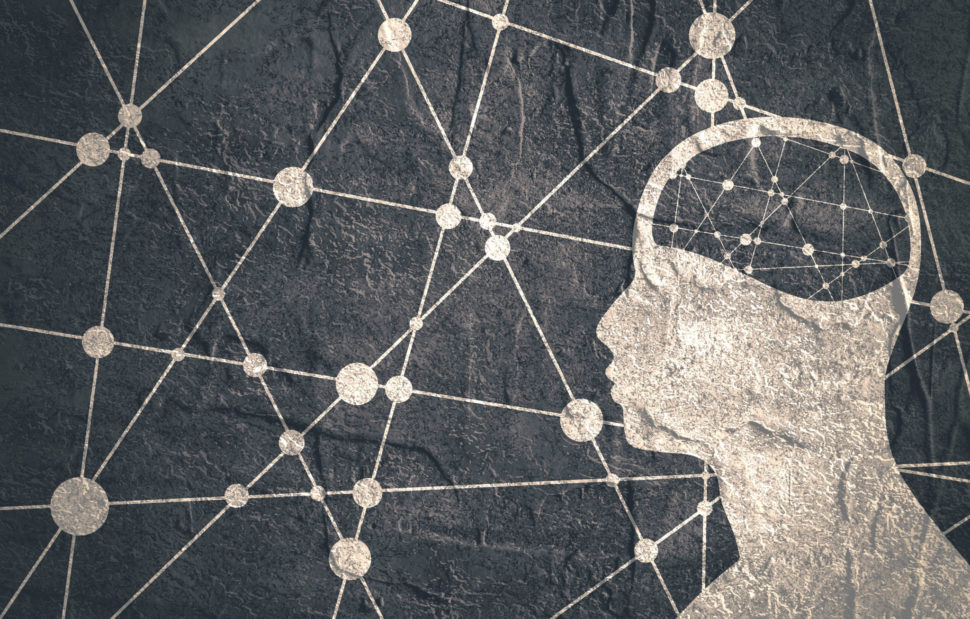Scientists developed a gene map in hope that they will be able to understand why depression strikes some people and not others.
Researchers have discovered that certain genetic variants make some people more predisposed to being affected by depression than others.
This study is the world’s largest in this field. It attempted to answer the much-debated question of whether depression was a genetic trait.
For a while, scientists have known that biochemistry has a major role to play in depression. Different amounts of certain chemicals in the brain can contribute to symptoms of depression.
We also know that depression can run in families. For example, if one identical twin suffers from depression, there is a 70% chance that the other twin will too.
This hinted that genetics could also be a determining factor for depression. However, before now, the correlation between genetics and depression was less researched.
An international team of 200 researchers, led by King’s College London successfully mapped the genes that increase the risk of depression.
The Correlation between Genetics and Depression is Groundbreaking
Depression is a condition that affects almost 16 million people in the US.
Depression is often difficult to diagnose as it can affect each person differently. Common symptoms of depression include;
- loss of appetite
- loss of self-esteem
- loss of enthusiasm or interest
- lack of energy
- appetite fluctuation, sometimes leading to weight gain or loss
- lack of concentration or motivation
- increased anxiety
- irregular sleep patterns or insomnia
With early recognition, intervention, and support, over 80% of people with clinical depression can be treated.
However, as it stands, only about half of the patients respond well to existing treatments. Furthermore, 3% of people with major depressive disorder attempt suicide.
This discovery could lead to new avenues in the treatment of depression potentially saving countless lives.
Read More: Magic Mushrooms Successfully Treat Depression
How Was the Study Carried Out?
During the study, researchers combined seven datasets that examined the DNA of 130,000 people suffering from depression.
In the study, researchers identified 44 genetic variants that depression is linked to. 30 of these had never previously been connected to the disease before.
Although the discovery is a major breakthrough, the 44 genes identified only represent a fraction of the total. The researchers emphasized that many more genetic variants linked to depression exist. However, their effect was too minor to identify in the latest study.
Those who participated in the study were ranked by the number of genetic risk factors they carried. The participants who were in the top 10% were two and a half times more likely to experience depression than those in the bottom 10%.
Despite the limited correlation the study showed, it did prove that there is a correlation between genetics and depression and there is no single gene responsible.
Understanding Genetics and Depression Could Improve Treatment
With limited knowledge of mental disorders such as depression, there have been few successful new treatments developed.
Due to the high level of expense, many major pharmaceutical companies have withdrawn from research into the next generation of antidepressants.
This advancement in depression genetics could revitalize depression treatment. At a minimum, the new research opens the doors to improved treatments and therapies.
Genetic Correlation: a Huge Step towards Breaking down the Mental Health Stigma
Depression has long been seen as a mental disorder. However what many fail to recognize it as a disease that requires treatment.
Research like this could potentially help to break down the stigma that forces sufferers to be ashamed or go without treatment when suffering from depression.
It solidly demonstrates that depression isn’t a weakness or problem that the individual has brought upon themselves but a medical condition that, like any other, is beyond our control.
In today’s society, it’s easy to become isolated and affected by stress. Depression is a severe problem growing at an exponential rate.
According to Jonathan Flint, an expert in the genetics of depression at the University of California, current treatments are relatively ineffective.
Misuse of antidepressants is another major problem we face.
To better treat the disease, we need to discover more effective therapies. Before we can achieve this, we need to first have a better understanding of depression.
Finding genetic variants that play a part in depression can provide clues to how and why depression arises.



















Comments (0)
Most Recent